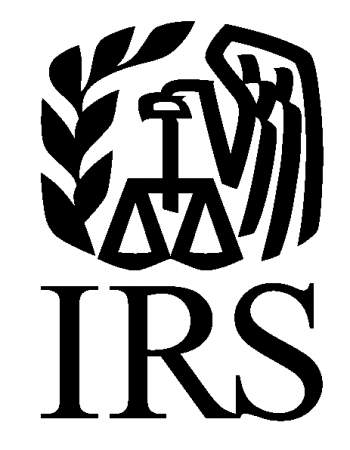
Understanding The Provisions to IRS

The Internal Revenue Service (IRS) sets forth special regulations and provisions in regard to the operation and funding of an individual retirement account (IRA) by making an IRA contribution. These provisions are found the Tax Reform Act of 1986 and in the Internal Revenue Code. These legislations govern how the IRS operates and taxes citizens of the United States.
Additional legislation that affects making an IRA contribution is the Employee Retirement Income Security Act of 1974 and the Economic Growth and Tax Relief Reconciliation Act of 2001. These acts have been passed by Congress to amend and modify the Internal Revenue Code.
One provision that affects an individual retirement account are the taxes imposed by the IRS. Federal income taxes do not affect IRA contributions except in the case of a withdrawal. Funds are deposited in an IRA on a pre-tax basis. This means that they are not subject to income taxes since they are deducted from the account holder's income prior to receiving wages.
An IRA contribution can be made on either a biweekly or monthly basis to fund the IRA. However, if an account holder should decide to withdraw funds, or make a distribution, those funds are then subject to federal income taxes. Another tax that affects IRA contributions is what is known as an excise tax. This tax is imposed by the IRS as a penalty for the withdrawal of funds. An excise tax is equal to 10 percent of the amount of the distribution. If $1,000 is withdrawn, the excise tax is equal to $100 and collected by the IRS.
Another provision that affects IRA contributions is the age at which funds are intended to be withdrawn. As set by the IRS, the age where IRA contributions can be withdrawn without being subject to penalties is 59.5. This places the account holder close to full retirement age and therefore able to retire. Full retirement age is mandated by the Social Security Administration (SSA) and is different for each person depending on the year in which they were born.
For example, if the account holder was born in 1960 or later, the full retirement age is then 67 as set by the SSA. The IRS also mandates that IRA contributions must be distributed by the time the account holder reaches the age of 70.5 This age places the account holder beyond full retirement age and allows IRA contributions to continue to accrue interest for retirement purposes. However, the IRA must be completely distributed at this point.
The IRS also sets limits the amount of IRA contributions that can be deposited in an IRA in a given year. This limit often changes annually in $500 increments but is ultimately declared by the IRS each year. If an account holder should make an IRA contribution that exceeds this set limitation, those funds must be withdrawn prior to April 15th - this is the day that tax returns must be filed by. The excess amount of the IRA contribution is also subject to federal income taxes and the excise tax penalty.
NEXT: What Are Probate Attorneys





















